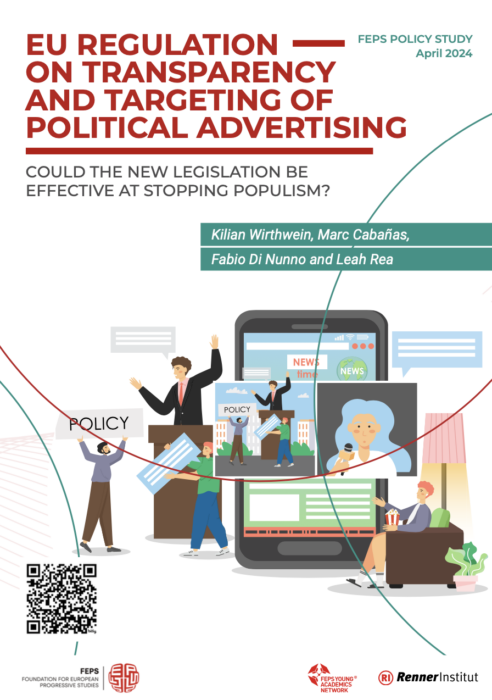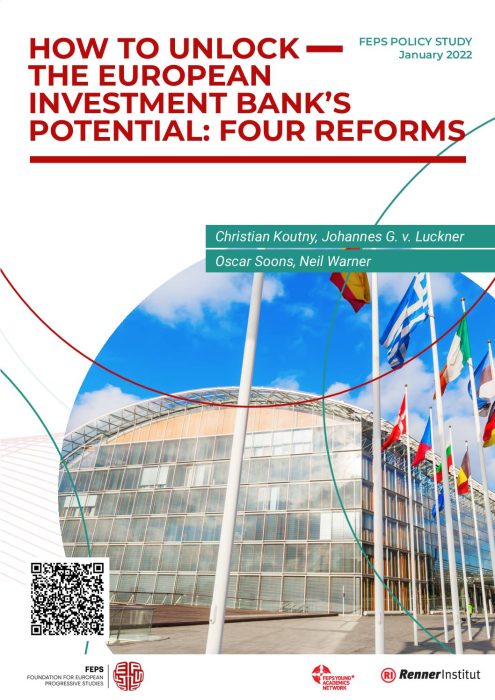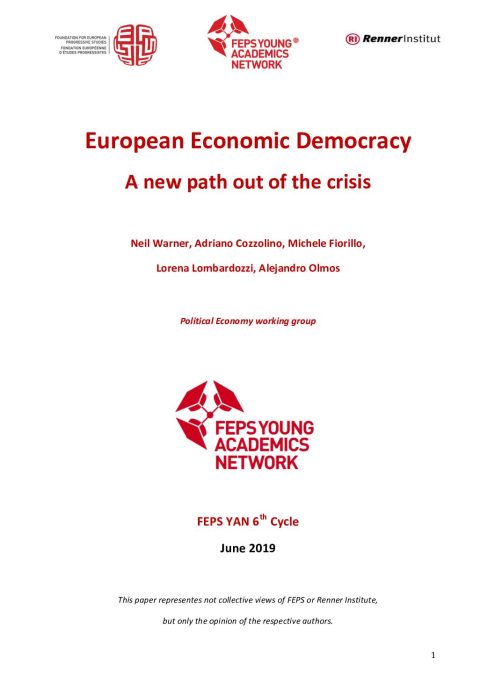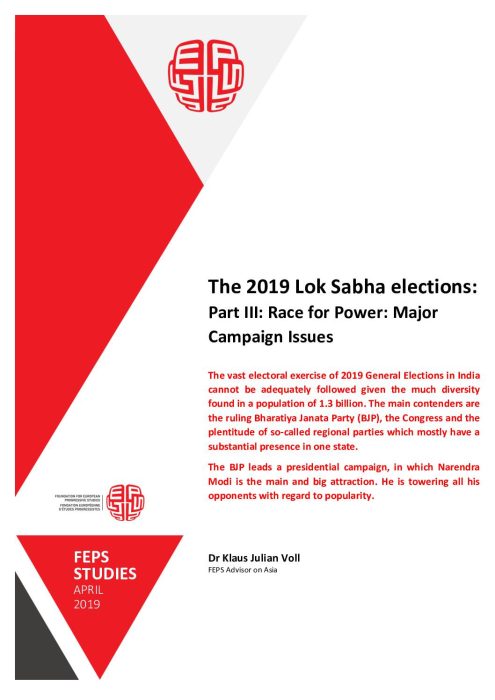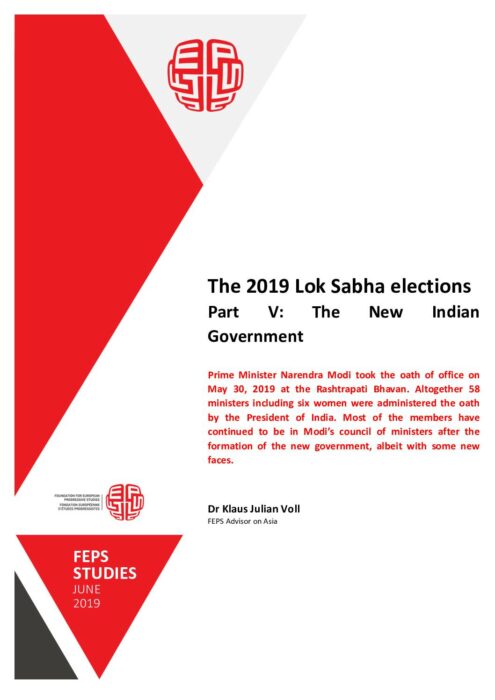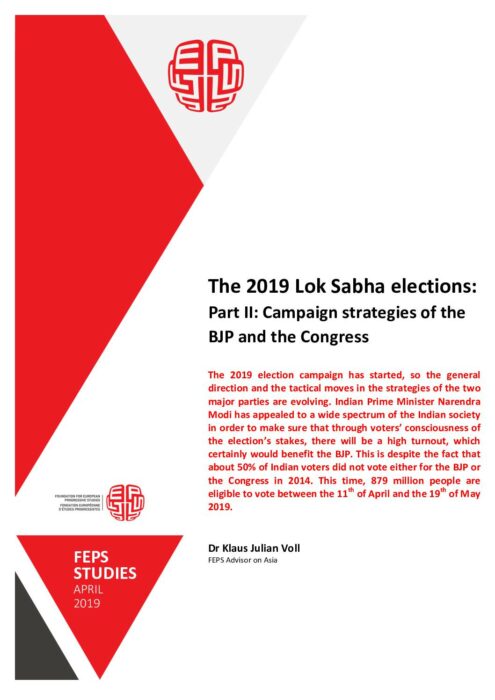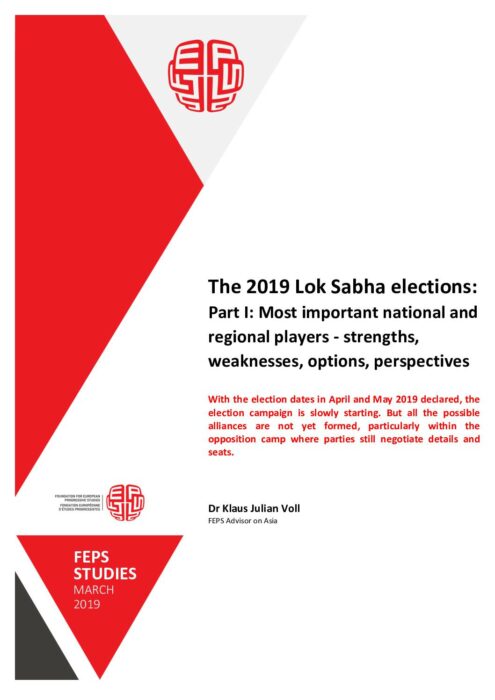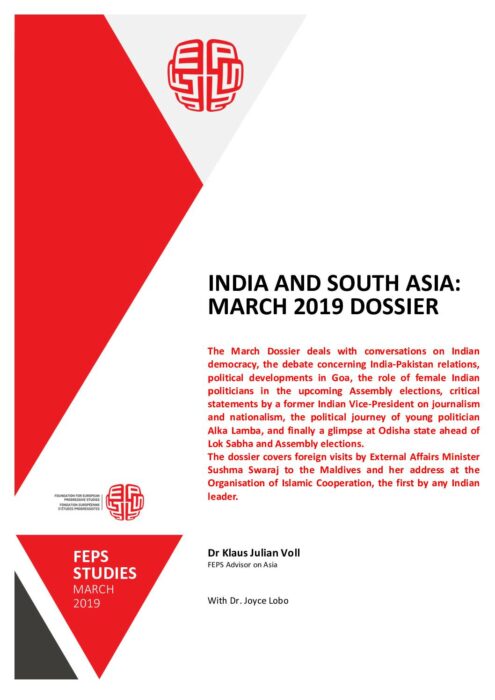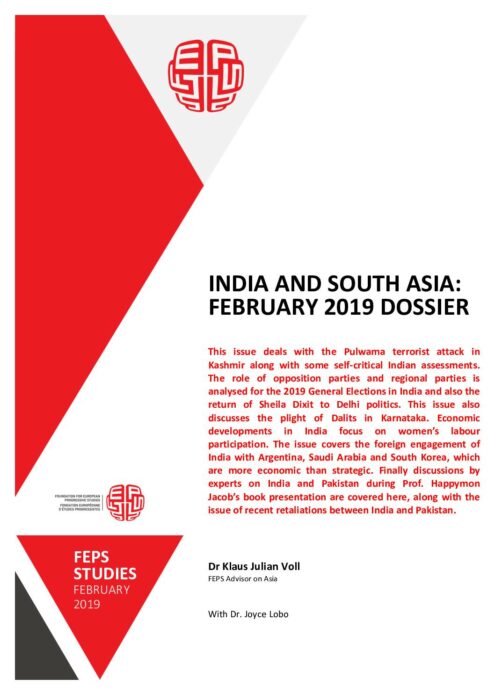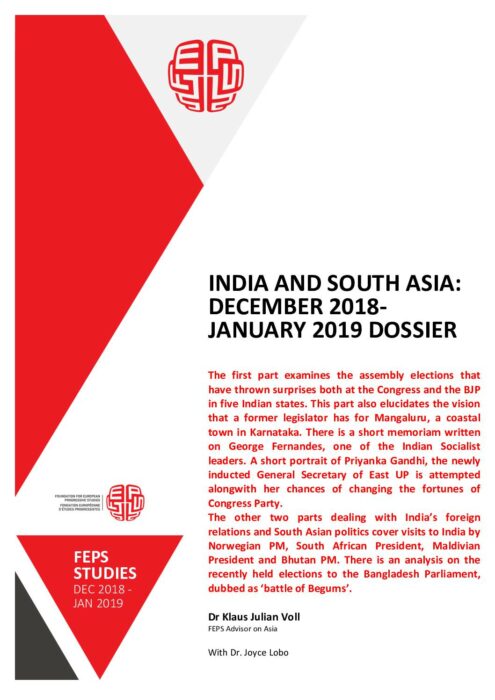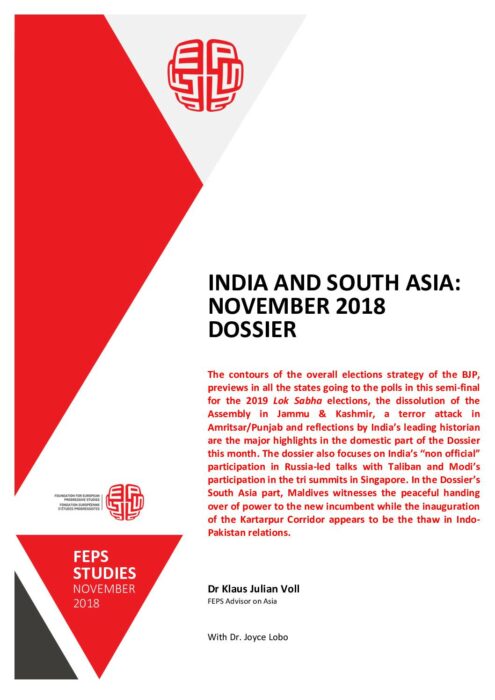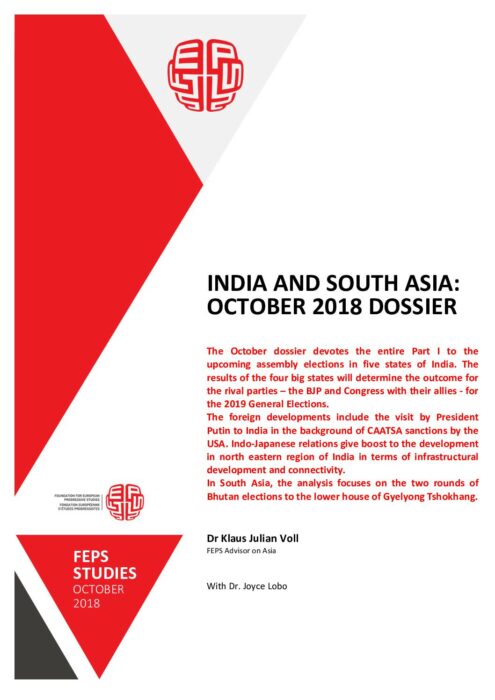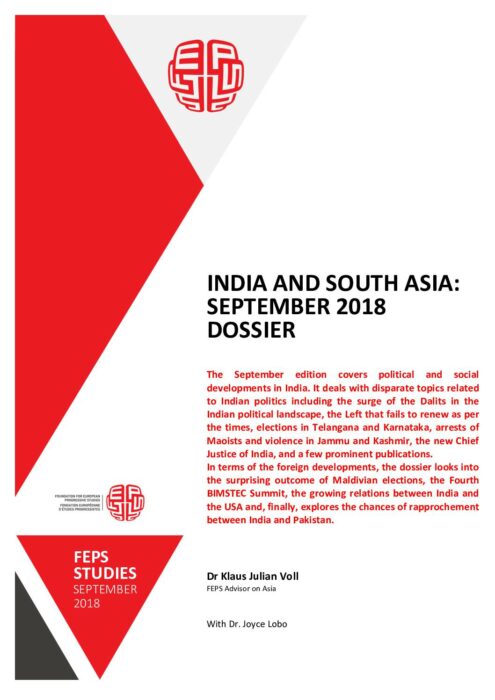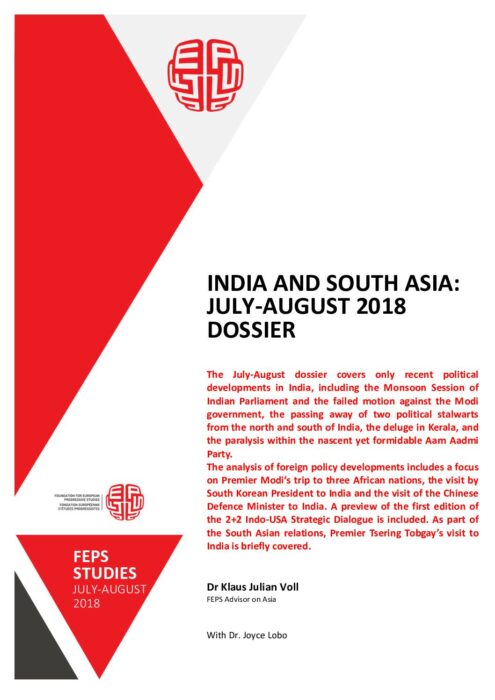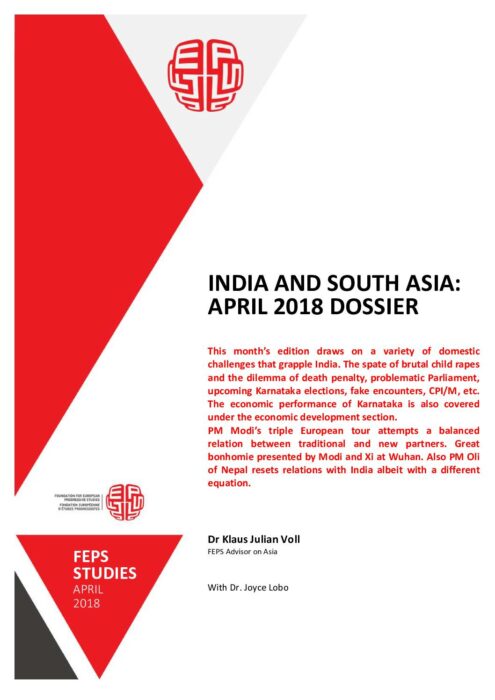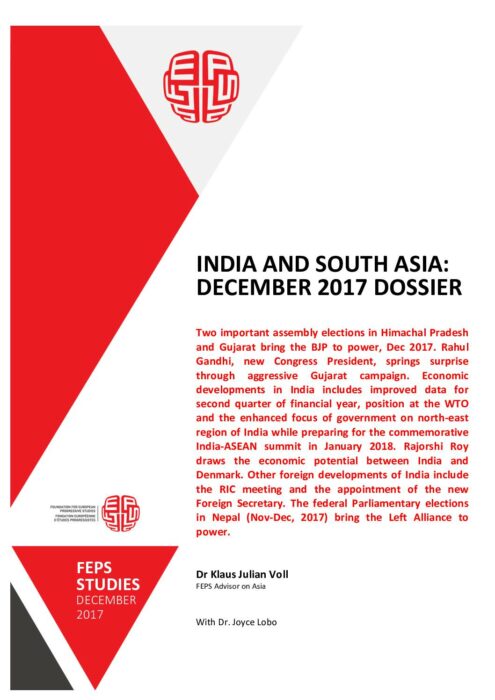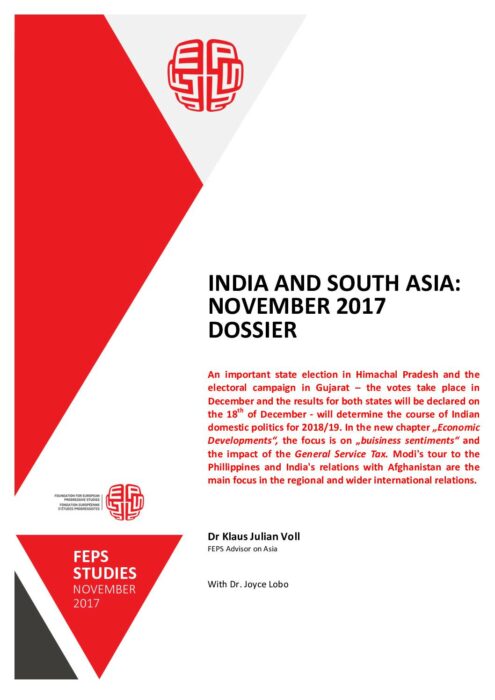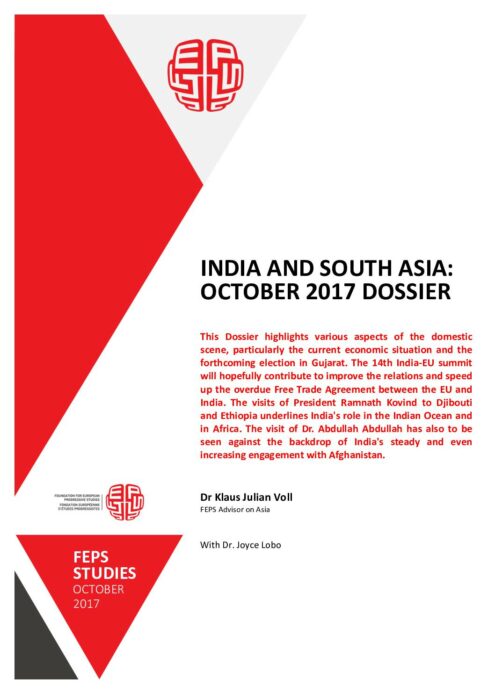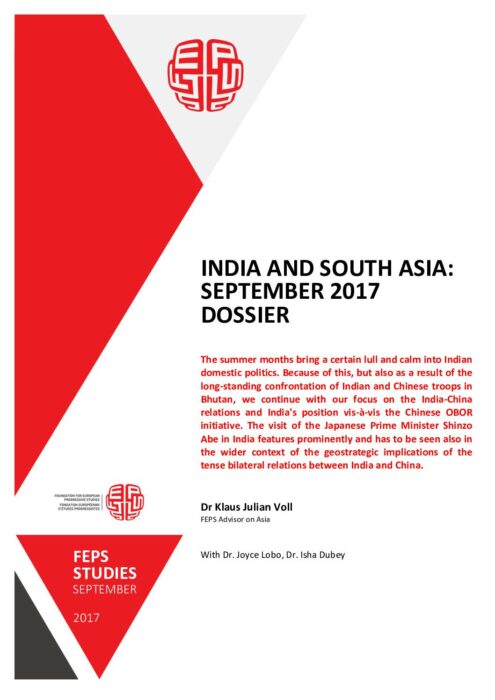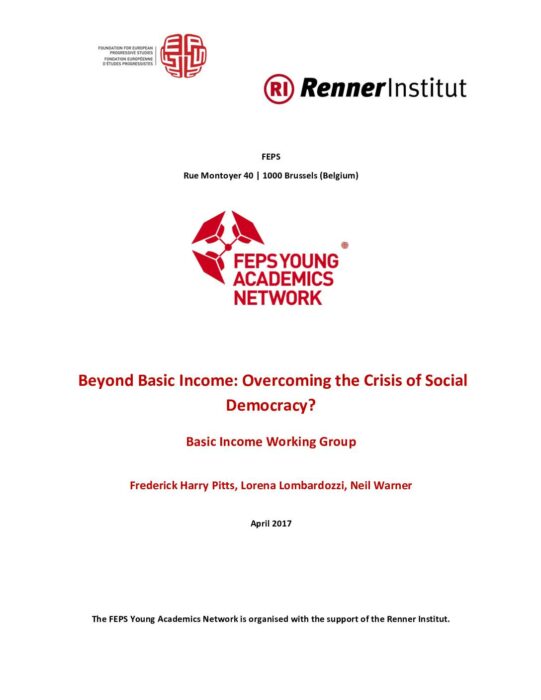PhD candidate in Law at the Transitional Justice Institute, School of Law of Ulster University
Leah Rea is a PhD candidate in Law at the Transitional Justice Institute,
School of Law of Ulster University where she is researching the
relationship between constitutional conventions and the progression
of human rights. She holds a Master’s degree in Violence, Terrorism
and Security, a Master’s degree in Conflict Transformation and Social
Justice and a Law degree from Queen’s University Belfast. Leah was
accepted into the FEPS Young Academics Network for the 2022-2023
cohort. An alumna of ICNC’s online course on civil resistance, Leah
has participated in multiple human rights campaigns in Northern
Ireland, and also has experience in student union activism.
This policy study delves into the evolution of the regulation of the European Parliament and of the Council on the transparency and targeting of political advertising, exploring upcoming key changes and their connection to broader discussions on populism, democratic values, and access to quality information. Additionally, it provides guidelines for progressive parties on leveraging this legislation to initiate comprehensive strategies to combat extremist populism and antidemocratic movements within the EU.
Political Mentor: Alex Agius Saliba, MEP S&D
Academic Mentor: Kuba Jablonowski, Lecturer in Digital Sociology
History and Policies of the European Union
Adjunct professor at the Universidad Carlos
III de Madrid.
PhD candidate in Law at the Transitional Justice Institute, School of Law of Ulster University
Expert in data analysis for public management and political analysis
